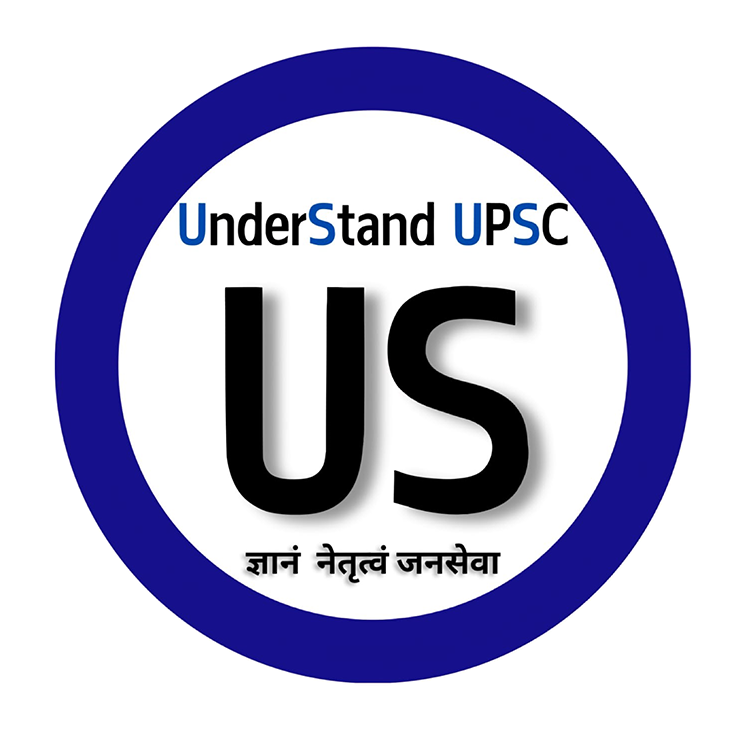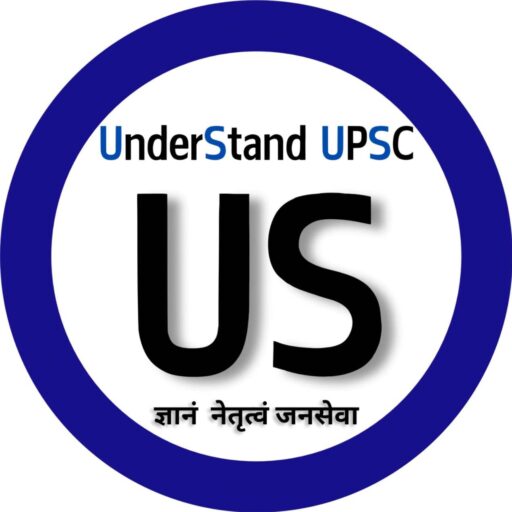
One of the biggest challenges UPSC aspirants face during mains exam preparation is decoding the questions correctly. UPSC does not just test what you know; it tests how well you understand the question and how precisely you respond to it. Every mains question contains key directive words like “explain,” “analyse,” “critically examine,” or “discuss.” These words shape the entire approach to your answer and often decide your score.
This blog will help you understand the most common key words used in UPSC mains questions, what they demand from you, and how to answer them strategically. Mastering these keywords will improve your answer writing clarity and maximize your marks.
What Are Directive or Key Words?
Directive or key words are the action verbs or phrases in a question that indicate how you should answer it. They define the tone, content, and structure of your answer. Ignoring or misunderstanding them often leads to irrelevant or incomplete answers, which can cost precious marks.
For example, a question starting with “Explain” expects a clear, detailed description, while one with “Critically analyse” expects you to weigh pros and cons before concluding.

Common Key Words in UPSC Mains and What They Mean
- Explain
“Explain” requires you to clarify or make something clear. You should describe the topic in detail, breaking down its components and reasons. Use examples or causes where applicable. The focus is on clarity and comprehensiveness.
Example: “Explain the factors responsible for regional disparities in India.”
Answer approach: Describe different factors like economic, social, geographical causes with examples. - Analyse
“Analyse” means to break down the topic into parts and examine their relationships. You should explore causes, effects, inter-linkages, and implications. It requires deeper thinking rather than just stating facts.
Example: “Analyse the impact of urbanization on agriculture.”
Answer approach: Discuss urbanization trends, how it affects agriculture directly or indirectly, supporting facts and consequences. - Discuss
“Discuss” expects a balanced presentation of arguments. You should present different perspectives or dimensions on the topic and provide your reasoned opinion or conclusion.
Example: “Discuss the challenges of implementing environmental laws in India.”
Answer approach: Highlight various challenges, support with examples, and conclude with possible solutions or observations. - Critically Examine
“Critically examine” demands evaluation with judgment. You should assess the validity, strengths, weaknesses, and consequences of the topic. Point out gaps or contradictions and support your critique with evidence.
Example: “Critically examine the effectiveness of the MNREGA scheme.”
Answer approach: Explain objectives, achievements, and limitations with statistics or case
studies, then provide a balanced judgment. - Evaluate
“Evaluate” means to judge or assess the value or impact of something based on evidence. You should discuss merits and demerits and end with a reasoned conclusion.
Example: “Evaluate the role of the Election Commission in ensuring free and fair elections.”
Answer approach: Outline its functions, achievements, challenges, and give an overall assessment. - Comment
“Comment” requires you to express your views or opinions on a statement or fact, supported by reasons or examples.
Example: “Comment on the statement: ‘Judicial activism is necessary in a democracy.’”
Answer approach: Explain the concept, present arguments for and against, then give your opinion.
Tips for Approaching Directive Words in UPSC Mains
- Read the question carefully and identify the directive word first. This guides your entire answer approach.
- Stick strictly to what the directive demands—do not add unnecessary information.
- Tailor your answer structure accordingly: explanation, analysis, balanced discussion, or critical evaluation.
- Use headings or bullet points if needed to highlight different parts of your answer.
- Support your answer with relevant facts, examples, data, or case studies to add depth.
- Practice writing answers based on different directive words during your preparation.
Why Understanding Directive Words Matters?
- ● Writing the right kind of answer improves relevance and coherence.
- It saves you time by focusing on what is actually asked.
- It enhances your ability to present a well-structured and thoughtful answer.
- It prevents loss of marks due to off-topic or incomplete answers.
- It boosts your confidence during the exam by reducing confusion.
Mastering UPSC mains is not just about knowing content but about understanding how to communicate that knowledge effectively. Decoding directive words like explain, analyse, discuss, and critically examine will help you frame answers that hit the mark. With clear focus and strategic writing based on these key words, you will increase your chances of scoring high and standing out in the examination.




